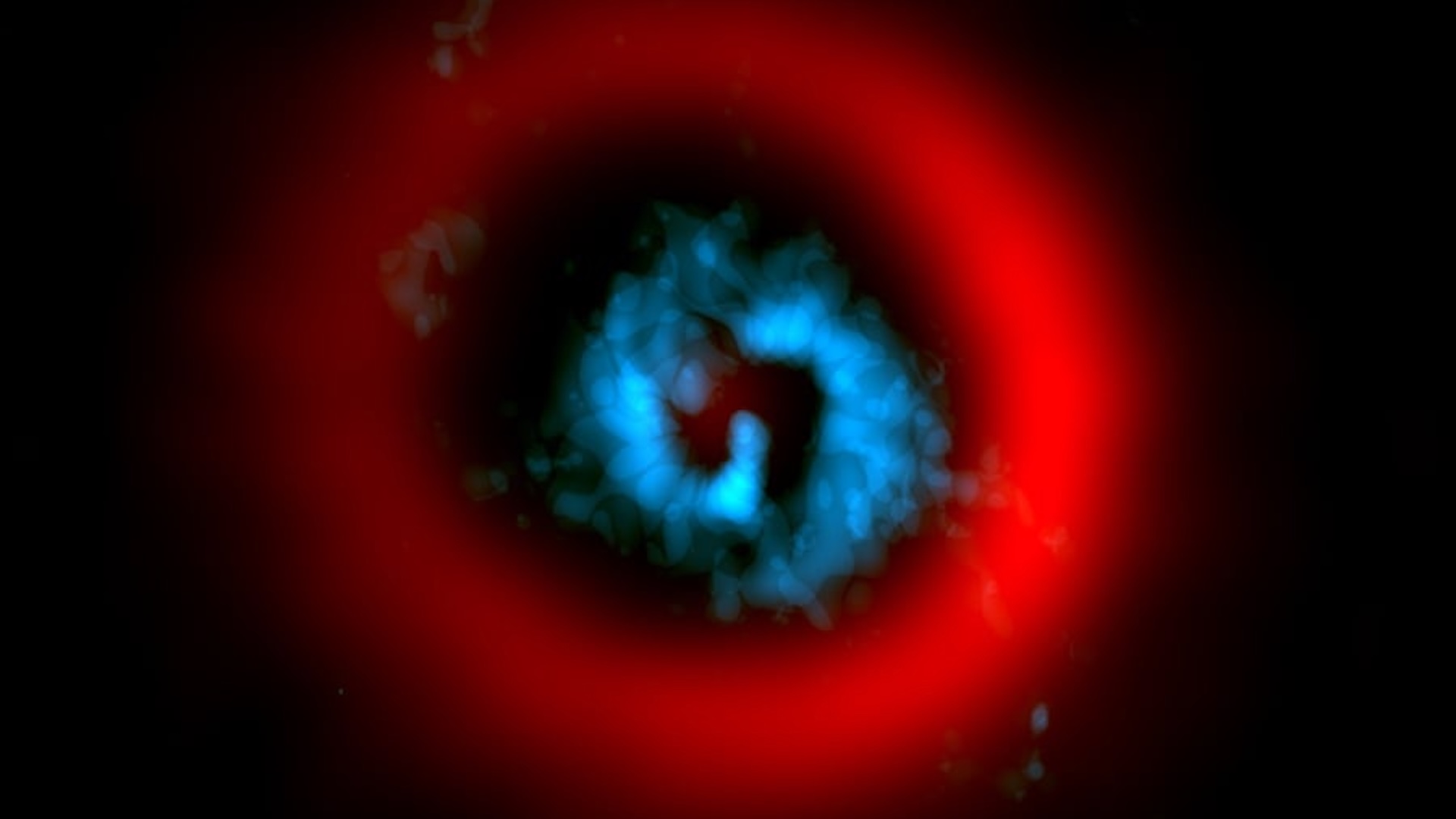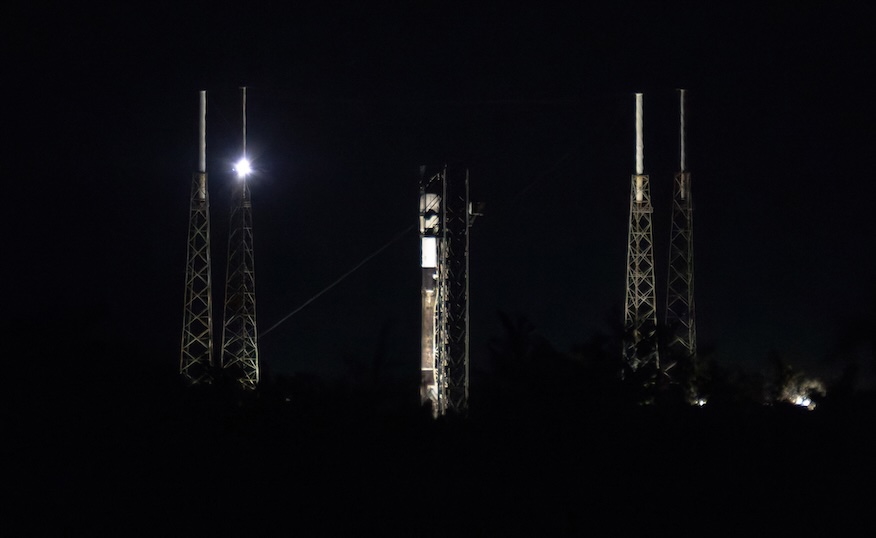A pair of spacecraft have arrived in Florida ahead of their launch on a Blue Origin New Glenn rocket and a voyage to the Red Planet.
Launch and space systems company Rocket Lab delivered the twin ESCAPADE (“Escape and Plasma Acceleration and Dynamics Explorers”) spacecraft to NASA’s Kennedy Space Center on Monday (Sept. 22).
The twin probes, named Blue and Gold, are designed to study Mars’ atmosphere. The spacecraft will now be inspected and tested ahead of integration with the 322-foot-tall (98 meters) New Glenn rocket in preparation for launch, which is scheduled to occur no earlier than this fall.
The $80 million mission is part of NASA’s Small Innovative Missions for Planetary Exploration (SIMPLEx) program, which targets high-value science while operating on tighter budgets and shorter timelines.
Blue and Gold will enter elliptical orbits around Mars to study how the planet interacts with the solar wind and also how the planet’s atmosphere is stripped away by solar wind and space weather effects. They carry magnetometers, to measure magnetic fields, electrostatic analyzers to detect ions and electrons, and Langmuir probes for measuring key parameters of plasma.
California-based Rocket Lab designed and developed the spacecraft over a 3.5-year period, based on the company’s interplanetary Explorer spacecraft platform.
“Delivering two interplanetary spacecraft on schedule and within budget for a Mars mission is no small feat, and it speaks to the determination and agility of our team. They’ve proven that we can take a concept from design to Mars readiness in just a few short years,” Rocket Lab founder and CEO Peter Beck said in a statement.
The mission will be the second flight of the powerful New Glenn rocket, which reached orbit on its debut flight in January of this year. Notably, this mission is taking place outside of the traditional Hohmann transfer windows for Mars, which open for a few weeks every 26 months and are the most energy-efficient times for launch. Instead, New Glenn will send the ESCAPADE probes on a longer, 22-month cruise phase to Mars, meaning they are scheduled to arrive at the Red Planet in the second half of 2027.
Launch will take place at New Glenn’s pad at Space Launch Complex-36, located at Cape Canaveral Space Force Base in Florida. The University of California’s Space Sciences Laboratory will take over management of the mission for NASA once the ESCAPADE probes are in space.
Source link


